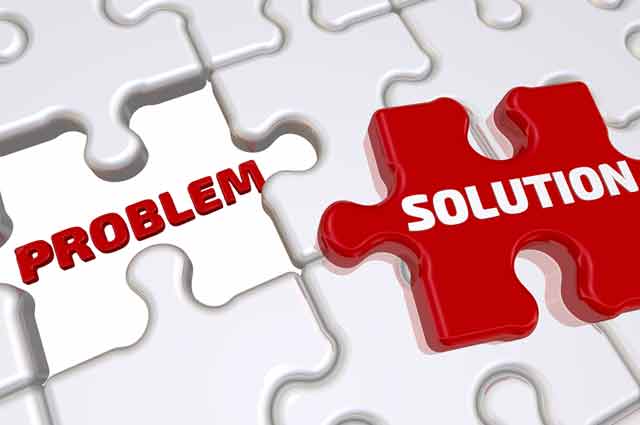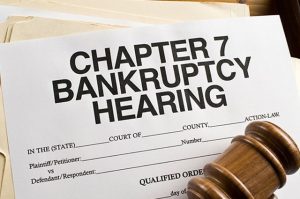
When confronted with the multifaceted challenges life presents, having a seasoned legal partner is invaluable. At Gurdin Law, we pride ourselves on delivering comprehensive support through pivotal moments—whether navigating complex business litigation or managing intricate real estate transactions. Our expertise extends seamlessly across family and employment law, ensuring our clients are guided with the utmost precision and care.
Looking For a Legal Partner?
In the realm of bankruptcy, understanding intricate concepts such as debtor and creditor relations is paramount. Whether you’re dealing with a petition for Chapter 7, Chapter 11, or Chapter 13 bankruptcy, our firm provides clarity on what it means to seek financial reprieve through discharge or to experience an automatic stay—a legal pause that halts creditor actions temporarily, offering much-needed respite from financial burdens like mortgage payments or car loans.
We delve into both secured debts—those backed by collateral—and unsecured debts such as credit card obligations. Our knowledgeable team at the Law Office of C. Stephen Gurdin Jr. is adept at navigating the nuances of bankruptcy estates and the management of debtor’s assets within this legal framework.
Moreover, facing setbacks due to vehicle accidents or medical malpractice requires delicate handling—a service we are well-equipped to offer. Intellectual property issues also fall within our purview; trust our office to safeguard your innovations and rights.
We invite those seeking relief from creditor demands to explore how legal partner Gurdin Law can help you navigate these challenging times with confidence and ease. Experience a FREE consultation today with Bankruptcy Attorney C. Stephen Gurdin Jr., where your first step towards financial relief begins with expert advice tailored just for you.
Bankruptcy Terms You Should Know: AI Overview
-
Debtor: The individual or entity filing for bankruptcy, seeking protection from creditors.
- Creditor: The person or entity to whom the debtor owes money or property.
- Petition: The document filed with the bankruptcy court that initiates a bankruptcy case.
- Chapter 7: A type of bankruptcy where assets are liquidated to pay off creditors.
- Chapter 11: Bankruptcy allows businesses (and individuals) to reorganize and pay their debts over time, while still operating their business
- Chapter 13: A type of bankruptcy where the debtor develops a repayment plan to pay off debts.
- Discharge: A release from the obligation to pay certain debts, preventing creditors from pursuing them.
- Automatic Stay: A legal pause that stops creditors from taking actions to collect debts once a bankruptcy petition is filed.
- Secured Debt: Debt backed by collateral, such as a mortgage or car loan.
- Unsecured Debt: Debt not backed by collateral, such as credit card debt.
- Bankruptcy Estate: The legal term for all of the debtor’s assets and property, which are managed by the court during the bankruptcy process.
- Trustee: A person appointed by the court to oversee the bankruptcy case and manage the debtor’s assets (in Chapter 7 cases).
Join us in painting brighter tomorrows; step confidently with Gurdin Law by your side and watch how our steadfast commitment transforms challenges into pathways paved with promise and security for generations yet to come.


